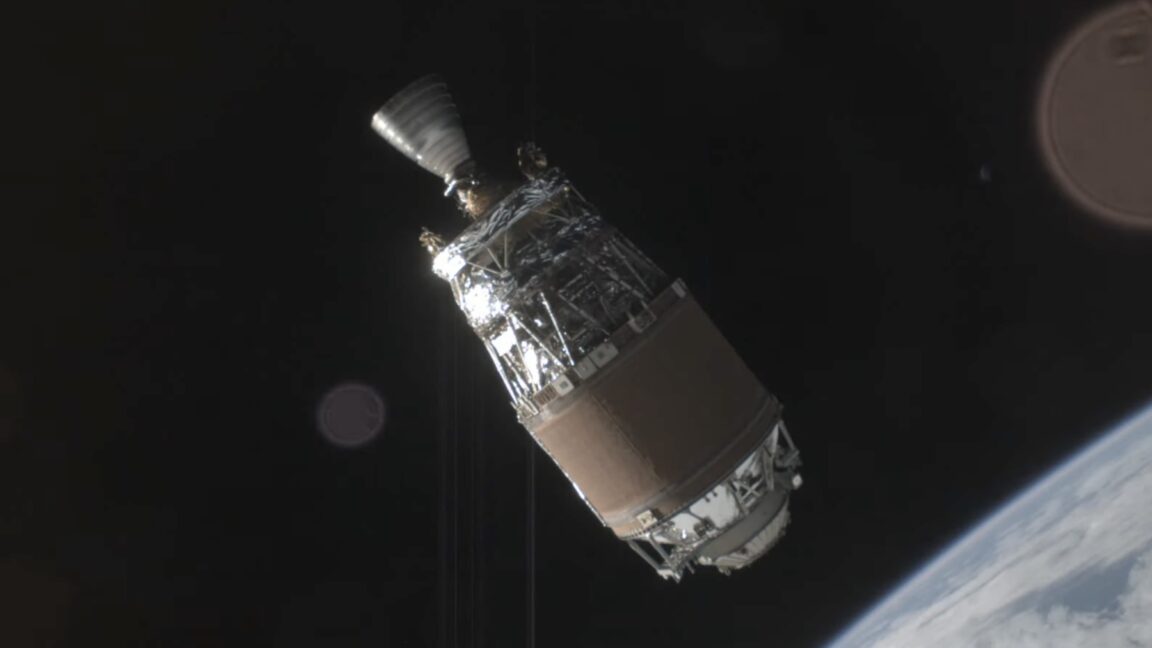
Astroscale’s US subsidiary received a $25.5 million contract from the US Space Force in 2023 to construct a satellite tv for pc refueler that may hop round geostationary orbit. Just like the ADRAS-J mission, this venture is a public-private partnership, with Astroscale committing $12 million of its personal cash. In January, the Japanese authorities chosen Astroscale for a contract value as much as $80 million to reveal chemical refueling in low-Earth orbit.
The most recent win for Astroscale got here Thursday, when the Japanese Ministry of Protection awarded the corporate a contract to develop a prototype satellite tv for pc that might fly in geostationary orbit and gather info on different objects within the area for Japan’s army and intelligence businesses.
“We’re very bullish on the prospects for defense-related enterprise,” stated Nobu Matsuyama, Astroscale’s chief monetary officer.
Astroscale’s different initiatives embody a life extension mission for an unidentified buyer in geostationary orbit, offering an analogous service as Northrop Grumman’s Mission Extension Vehicle (MEV).
So, can Astroscale actually do all of this? In an period of a militarized final frontier, it is simple to see the usefulness of sidling up subsequent to a “non-cooperative” satellite tv for pc—whether or not it is to refuel it, restore it, de-orbit it, examine it, or (gasp!) disable it. Astroscale’s demonstration with ADRAS-J confirmed it may well safely function close to one other object in house with out navigation aids, which is foundational to any of those functions.
To date, governments are driving demand for this sort of work.
Astroscale raised practically $400 million in enterprise capital funding earlier than going public on the Tokyo Inventory Trade final June. After shortly spiking to almost $1 billion, the corporate’s market valuation has dropped to about $540 million as of Thursday. Astroscale has round 590 full-time workers throughout all its working places.
Matsuyama stated Astroscale’s complete backlog is valued at about 38.9 billion yen, or $260 million. The corporate continues to be in a ramp-up section, reporting working losses on its stability sheet and steep analysis and growth spending that Matsuyama stated ought to max out this yr.
“We’re the one firm that has proved RPO expertise for non-cooperative objects, like particles, in house,” Okada stated final month.
“In easy phrases, this implies method and seize of objects,” Okada continued. “This functionality didn’t exist earlier than us, however one’s mastering of this expertise lets you present not solely particles elimination service, but in addition orbit correction, refueling, inspection, remark, and finally restore and reuse providers.”

